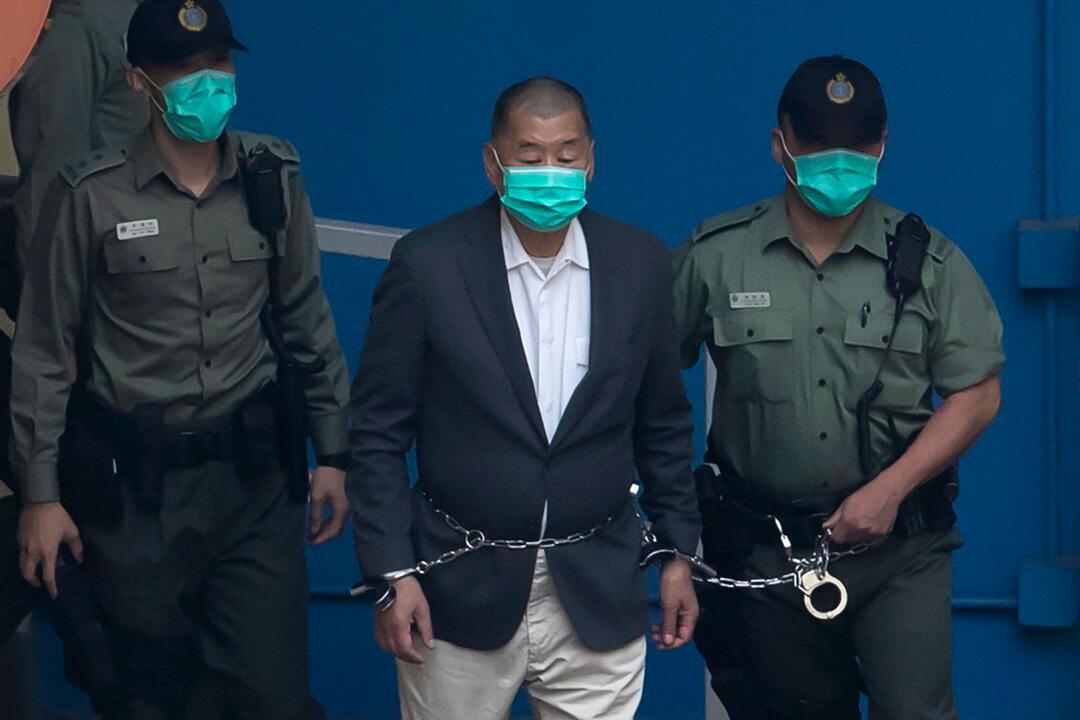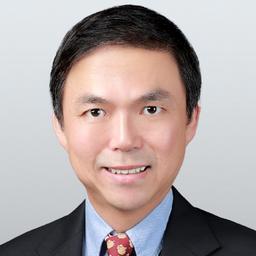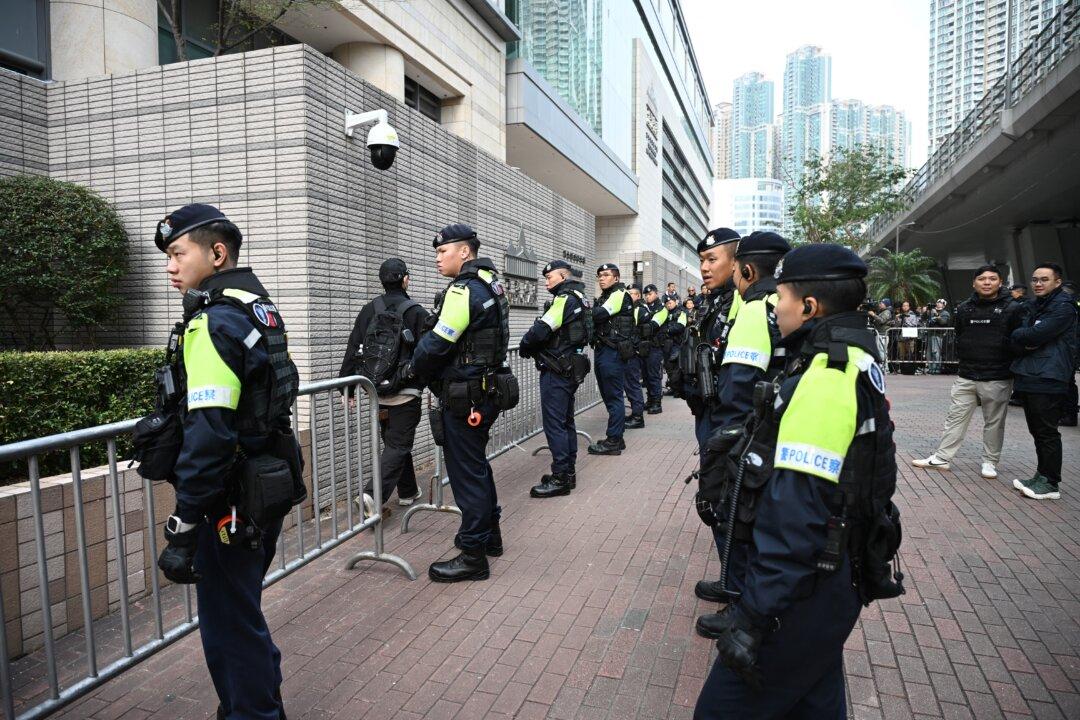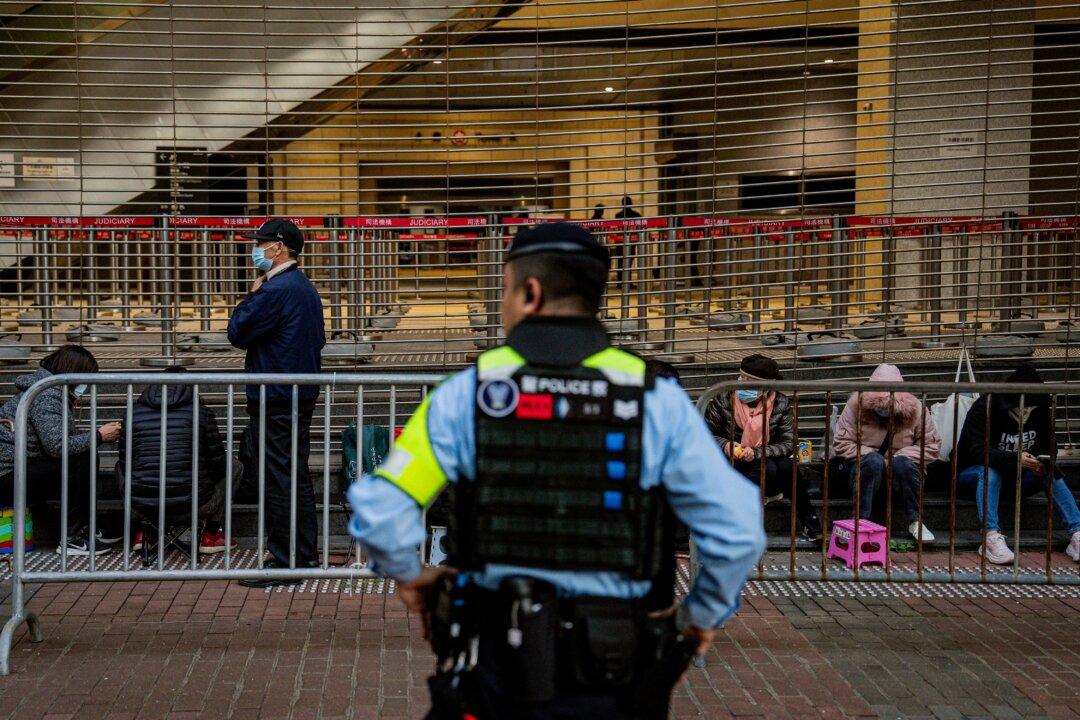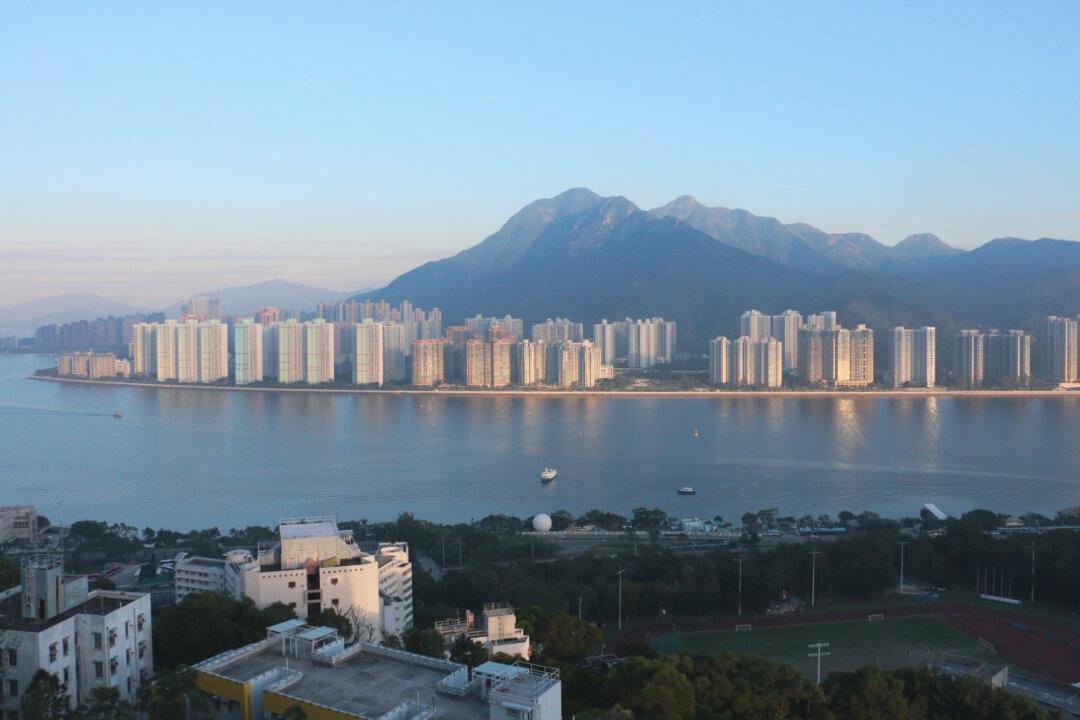Commentary
As I conclude this commentary piece here in Toronto, Canada, at the end of April, my thoughts are filled with images of the political prisoners in Hong Kong, particularly concerning their mental state within the city’s harsh prison system—freedom-loving Hong Kong citizens accused of violating the National Security Law (NSL) and imprisoned for political reasons.
